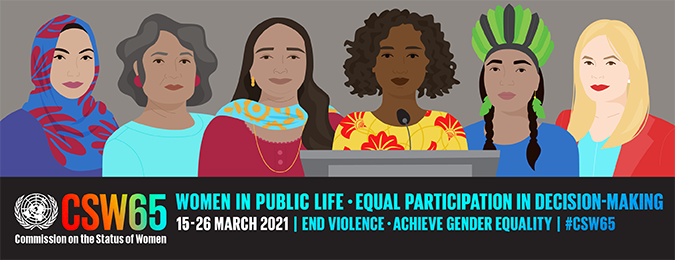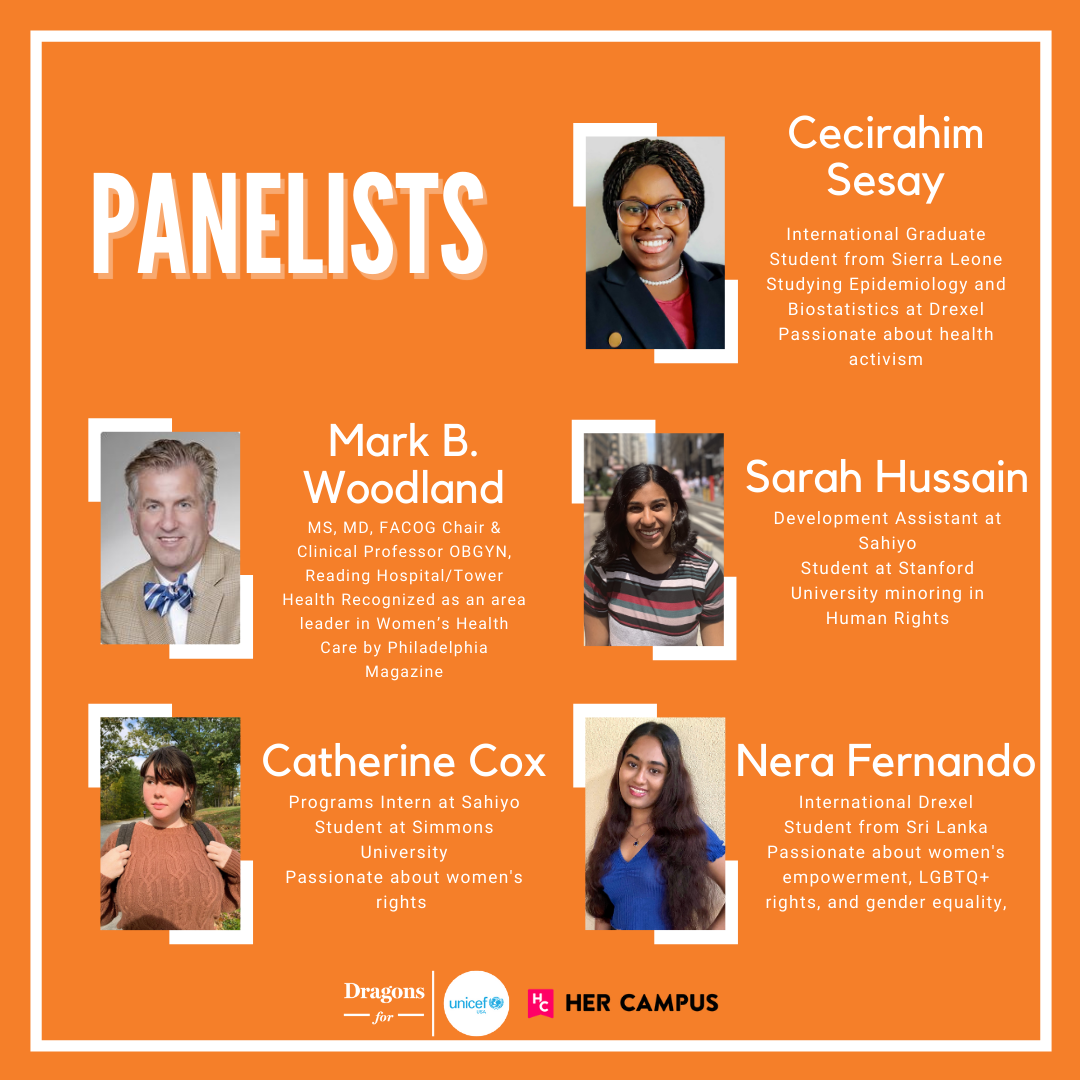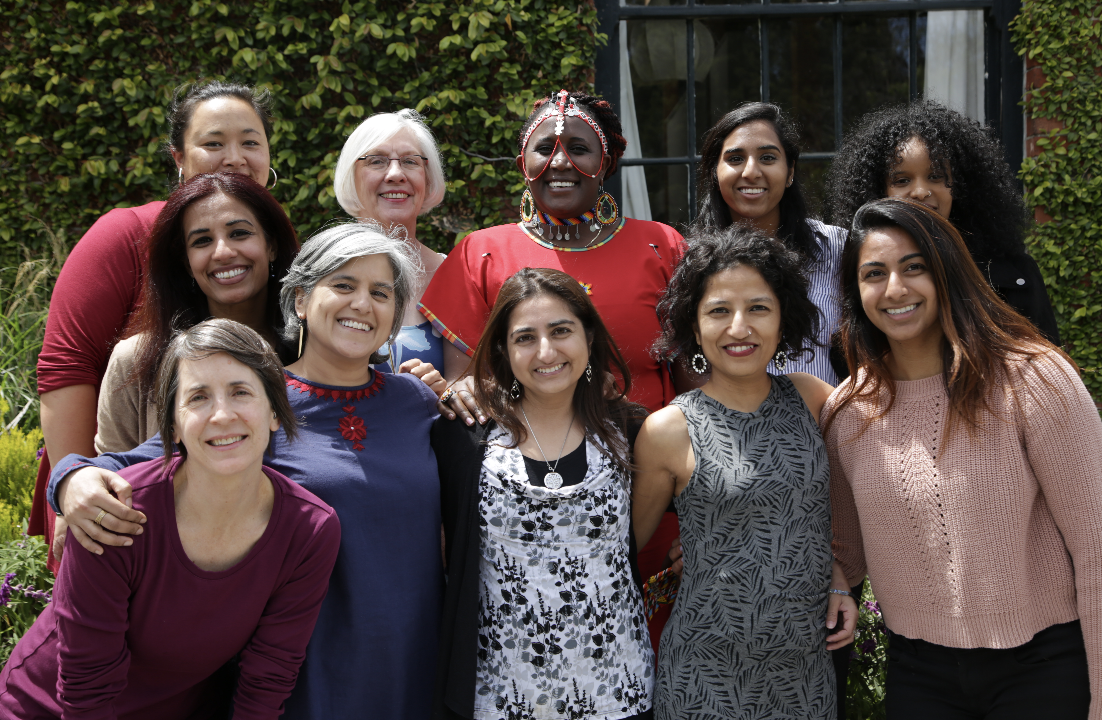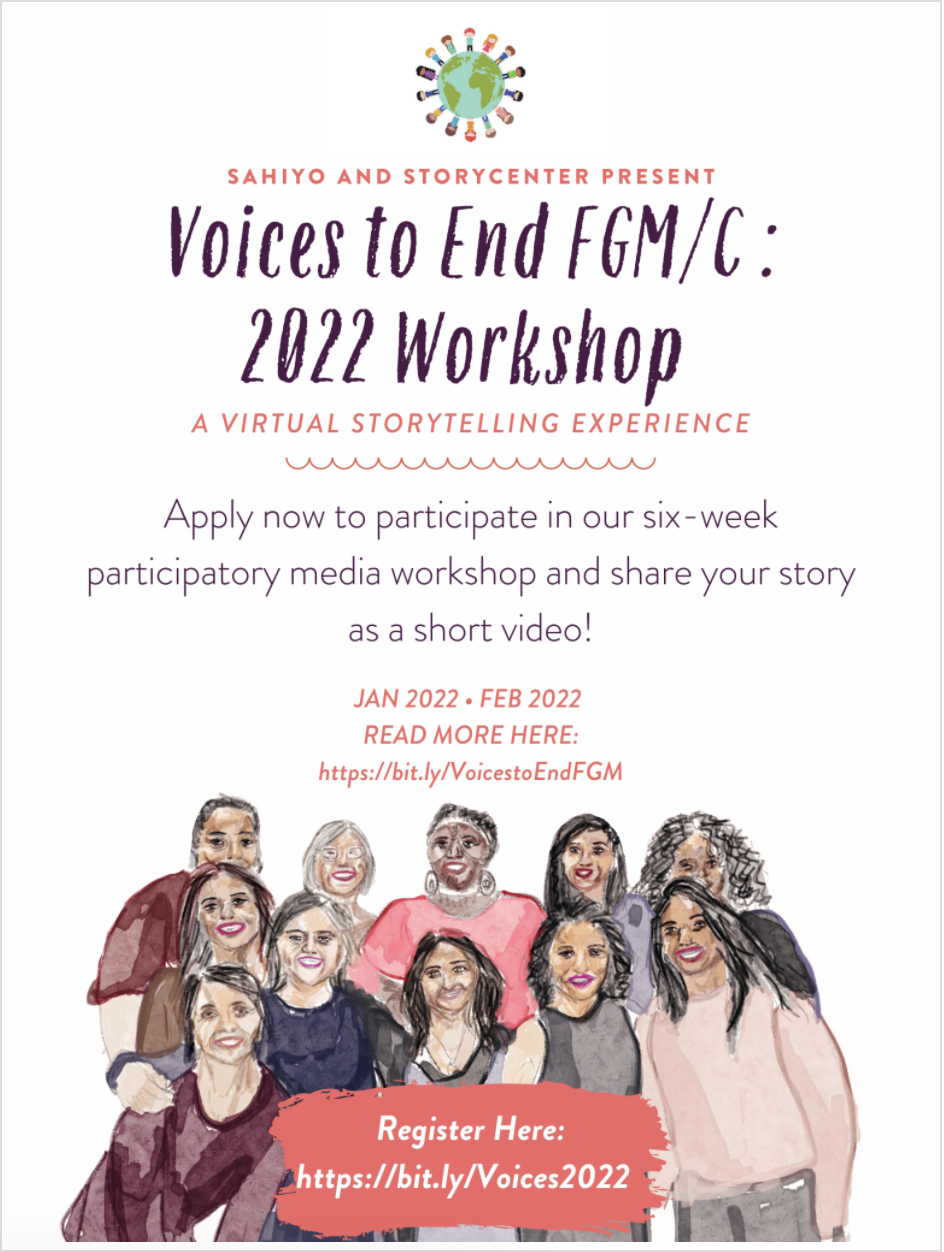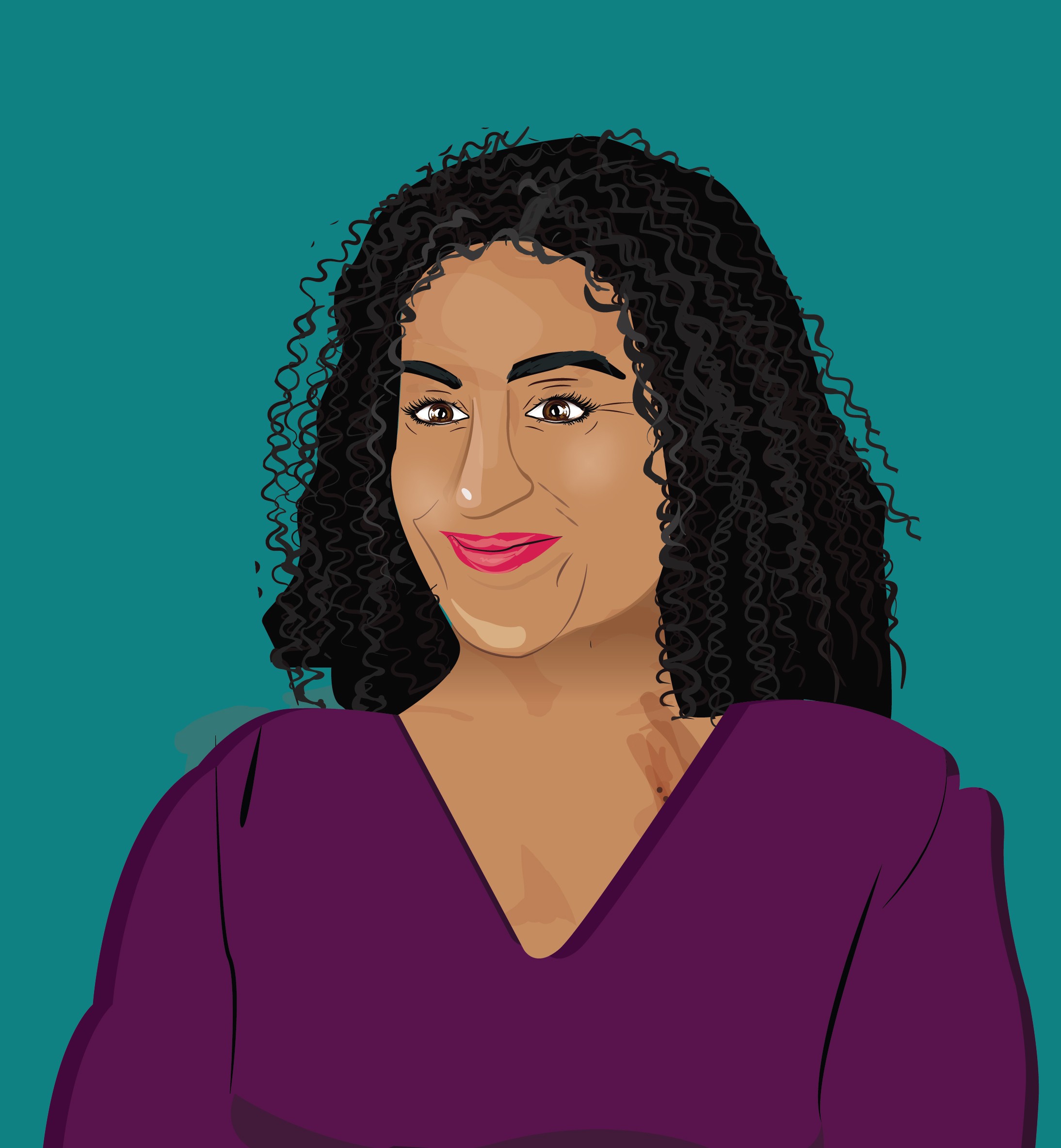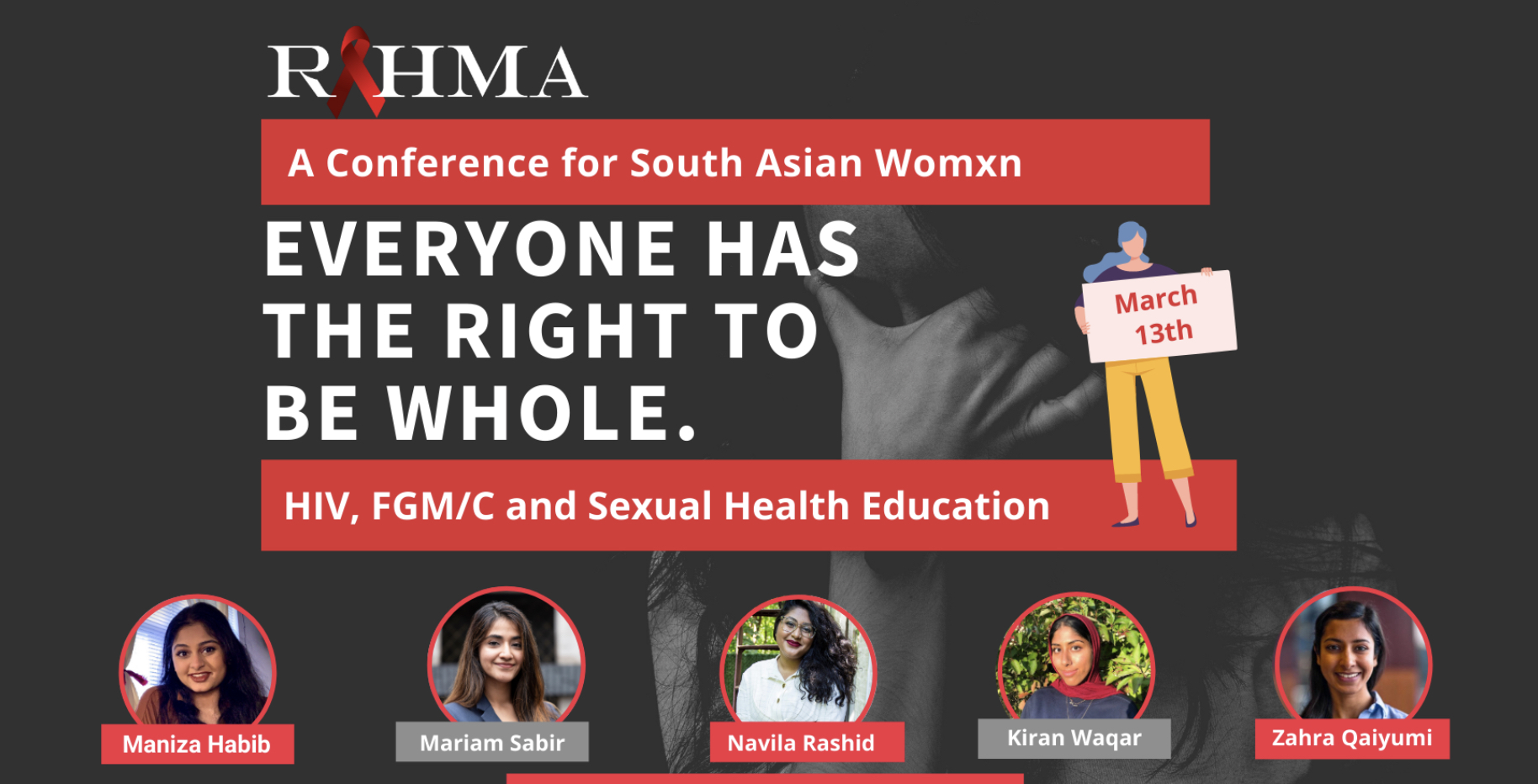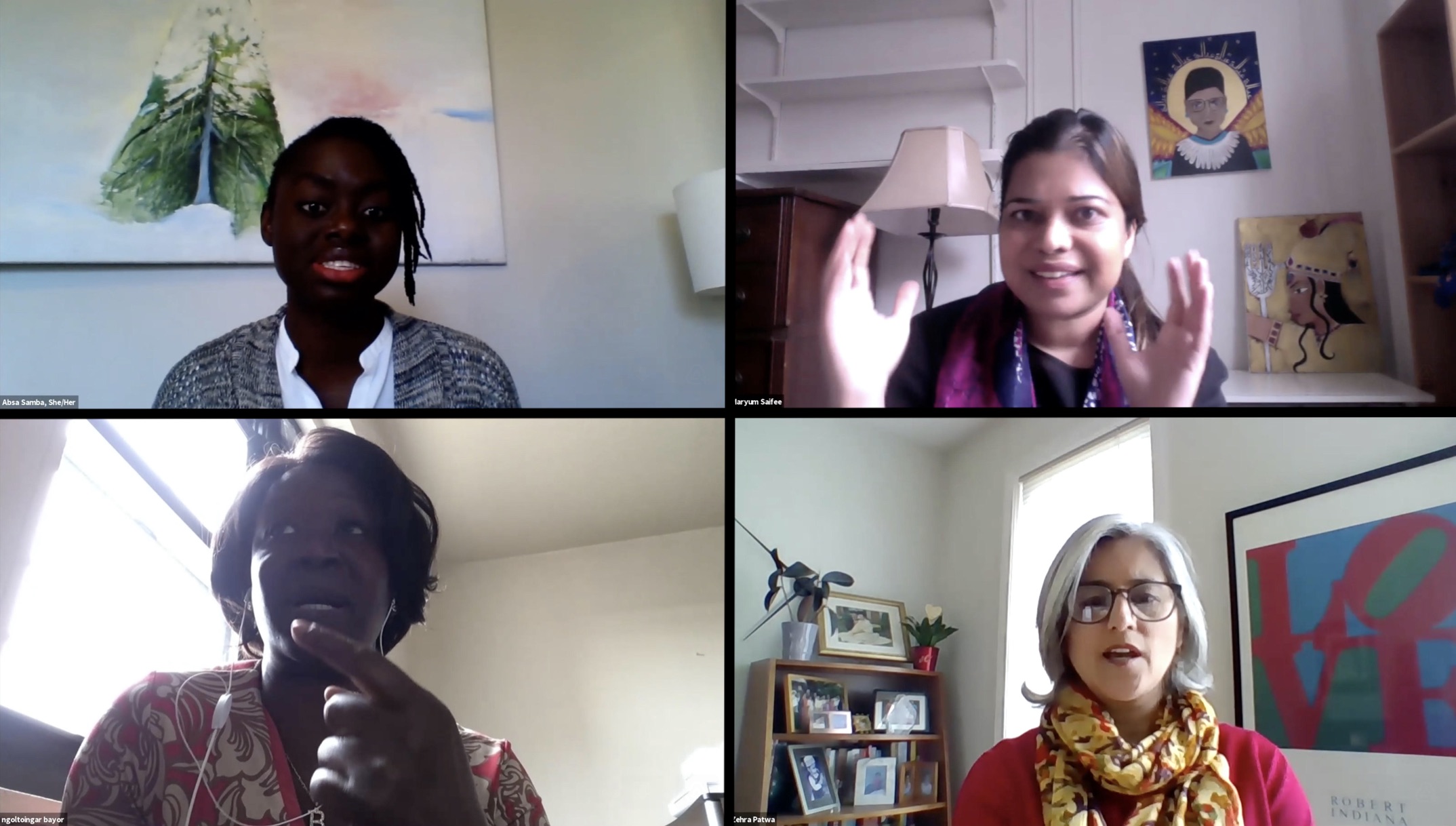Due to the COVID-19 pandemic, the 65th Commission on the Status of Women (CSW) meetings took place virtually March 15-26, with thousands of individuals from civil society from across the globe taking part to collaborate and connect with each other on the pressing issues of our times and the progress we have made toward achieving gender equity and equality.
Every year the NGO CSW/NY organizes the civil society side of the United Nations Commission on the Status of Women. The NGO CSW Forum runs parallel to the official session taking place at the U.N. Headquarters. This provides civil society the opportunity to engage in the processes and CSW sessions without ECOSOC-accreditation or a U.N. grounds pass.
This year, Sahiyo co-hosted, organized, and was a speaker at the following parallel sessions:
Sahiyo and StoryCenter introduced their collaborative Voices to End FGM/C project, which centers on storytelling by survivors and those affected by female genital mutilation/cutting (FGM/C) as a tool to challenge social norms that perpetuate the practice. Using a combination of didactic presentation, audience participation, and short videos, the presentation explored the theoretical underpinnings of the Voices Project, highlighted the success of our digital storytelling workshops, and shared how the project has supported women in their healing journey and furthered efforts to prevent future generations of girls from enduring this form of gender-based violence.
Read a recap of the event here. View the event here.
March 19th
The Power of Digital Media and Achieving Gender Equality
Sponsored by Muslim American Leadership Alliance (MALA)
Digital media has been a powerful resource toward achieving gender equality. It has been integral in raising awareness for issues pertaining to gender-based violence; equity and equality in social communities; and economic participation for women. It also has been a resource to provide financial literacy and economic opportunities for women on a global scale.
This panel convened nonprofits, corporations, digital media experts, and activists to bring forth a comprehensive dialogue on how current and future digital/social media tools can further accelerate the realization of gender equality and the empowerment of all women and girls. CSW 65 theme is an assessment of current challenges that affect the implementation of the Platform for Action and the achievement of gender equality, and the empowerment of women, and its contribution towards the full realization of the 2030 Agenda for Sustainable Development. View the event here.
Panelists:
Mariya Taher | Co-founder, Sahiyo
Sali Mahgoub | Deputy Director at Obama Foundation
Holly Weckler | Developer Innovation Lead at Synctera
March 23rd
Amplifying The Voices On Ending Female Genital Mutilation
Sponsored by Soroptimist International
Co-sponsored by North American/European Caucus
This event addressed violence against girls, focusing on female genital mutilation/cutting in North America, Europe and beyond which hinders women from achieving gender equality and empowerment. Various aspects of this issue were addressed by experts and survivors who work to achieve the Sustainable Development Goals (SDGs) and end all forms of violence against women. Furthermore, it addressed the lifetime trauma FGM/C has on victims’ wellbeing and the effect of COVID-19 on the lived experiences of the girls and women in relation to FGM/C. View the event here.
March 24th
Partnerships to Accelerate Global Action to End FGM/C by 2030
Sponsored by Global Platform for Action to End FGM/C
When the Beijing Declaration and Platform for Action was adopted, estimates suggested that 133 million girls and women had experienced female genital mutilation/cutting in Africa alone. With improved data, estimates now suggest 200 million girls and women globally have been affected. If action to end FGM/C is not accelerated, an estimated 68 million girls will be cut by 2030. The COVID-19 has further impacted progress towards abandonment of FGM/C. Hearing first-hand from grassroots activists and survivors, this session explored models of success from specific communities across different continents that have led to sustained reductions in FGM/C prevalence and have the potential to accelerate progress through broader adoption. The Global Platform for Action to End FGM/C, an international group of organizations advocating to stop FGM/C, of which Sahiyo is a founding member.

